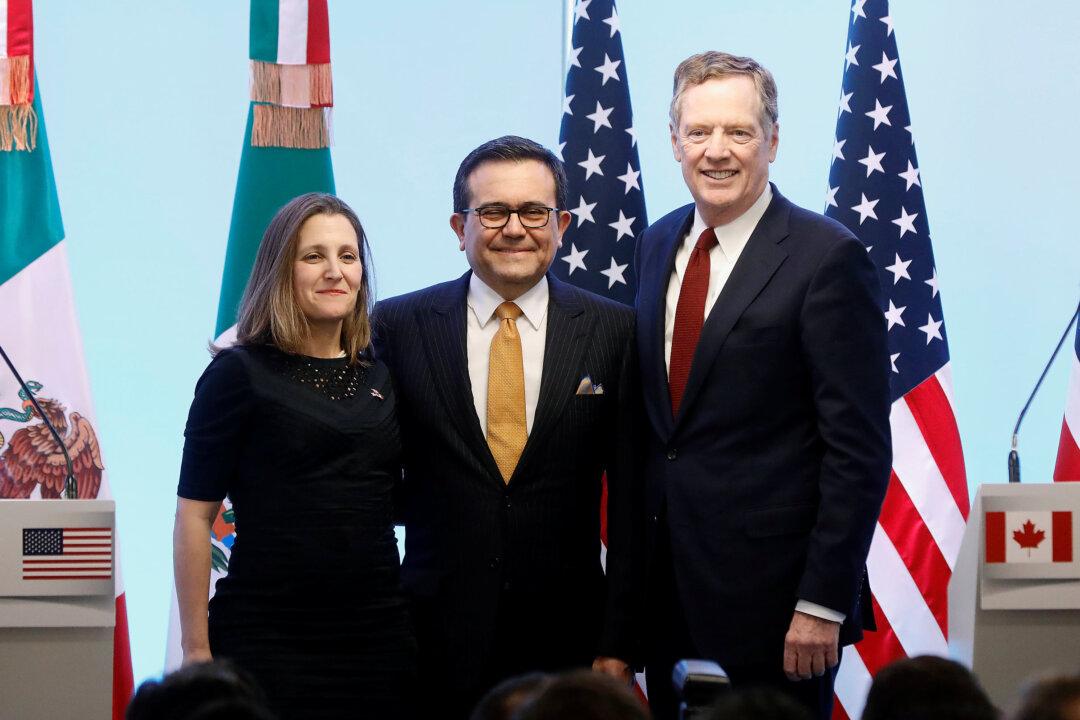U.S. Trade Representative Robert Lighthizer said on Monday that bilateral deals could replace NAFTA if the pact is not renegotiated soon, ramping up pressure on Canada and Mexico, already smarting from President Donald Trump’s plan to impose steel and aluminium tariffs.
Talks on the $1.2 trillion NAFTA pact are moving slowly, in part because Canada and Mexico are resisting U.S. demands for major changes such as adding a sunset clause, which would lead to the automatic termination of NAFTA if it was not reworked every five years.





